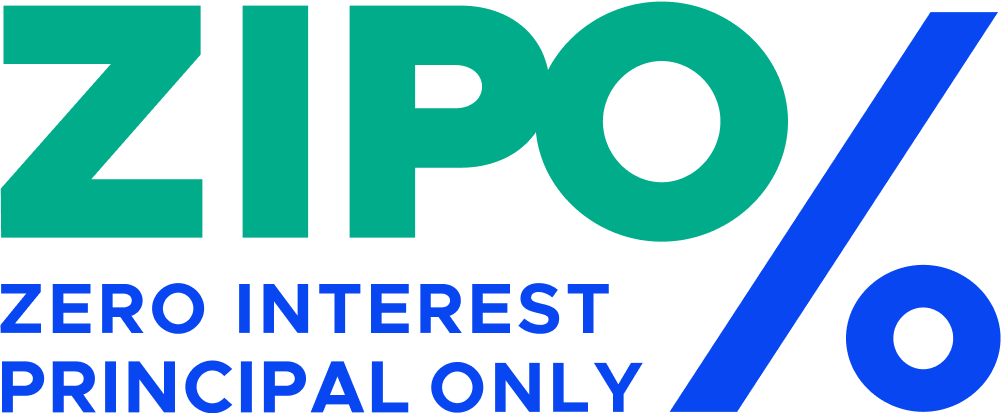NEWS
Your Guide to Physician Loans vs. Conventional Loans
Applying for your student loans might have been your first experience with requesting funding from lenders. Now, you’ve got a new hurdle to tackle, and that means finding the right home mortgage loan option to make buying your first house more feasible. As a physician, you might already be struggling with paying off your educational debt, and saving every penny you can on a home loan helps you make every bit of your income go further. The good news is that there are special types of loans available for people in the medical field that may give you benefits over a conventional loan arrangement.
Who Is Eligible for a Physician Loan?
Working in the healthcare field already comes with the benefit of having a career that rewards you with a stable income. Plus, you just can’t beat knowing that what you do every day contributes to the well-being of people in your community. Financial lenders also see the benefits of working with someone who has obtained a higher level of education that gives them more stability.
Physician loans are typically aimed at helping people who have earned advanced degrees in the healthcare field obtain a loan for their home. Medical doctors and surgeons commonly come to mind when someone asks about who is eligible for a physician loan. However, other members of the healthcare field might also be able to meet a lender’s qualifications. Nurses, nurse practitioners, dentists and even veterinarians might be eligible to enjoy the benefits of a physician loan.
What Are the Benefits Over a Conventional Loan?
The general idea of a physician loan is based upon the goal of helping someone get better terms. For example, you might be struggling to come up with a down payment when a large portion of your income goes towards student debt payments. A physician loan may offer you the opportunity to make a lower down payment or even opt out of making one completely.
With conventional loans, choosing to skip the down payment usually means that you’ll need to pay for private mortgage insurance. However, most lenders allow people to also avoid having this additional cost when they choose to receive a physician loan. Doctor loans also give you more freedom over the house you choose. Many conventional loans require you to stay under a specific amount for your home purchase. Doctors loans work more like jumbo loans, which might be important if you have your eye on a home that falls on the higher range for pricing.
When Does a Conventional Loan Make More Sense?
Although the physician loan has lots of perks, there might be times when you can get better terms with a conventional one. If you’ve got a stable credit history, then you might not need the leniency that physician loans offer. The house you want might also fall within the range required for a conventional loan, and you may find that going this route gives you a better interest rate. Paying attention to each factor helps to guide your decision on which loan type to pursue.
When you applied for a federal educational loan, you might not have had to worry as much about a credit check. With a home mortgage, it pays to make sure that you have all of your financial accounts in order. As you look over your budget, keep in mind that removing interest from your current student loans could help you use more of your income to pay off both debts. Choosing to share your story of trying to buy a home with high student debt helps us to strengthen our stance on why zero interest student loans are in everyone’s best interest.
